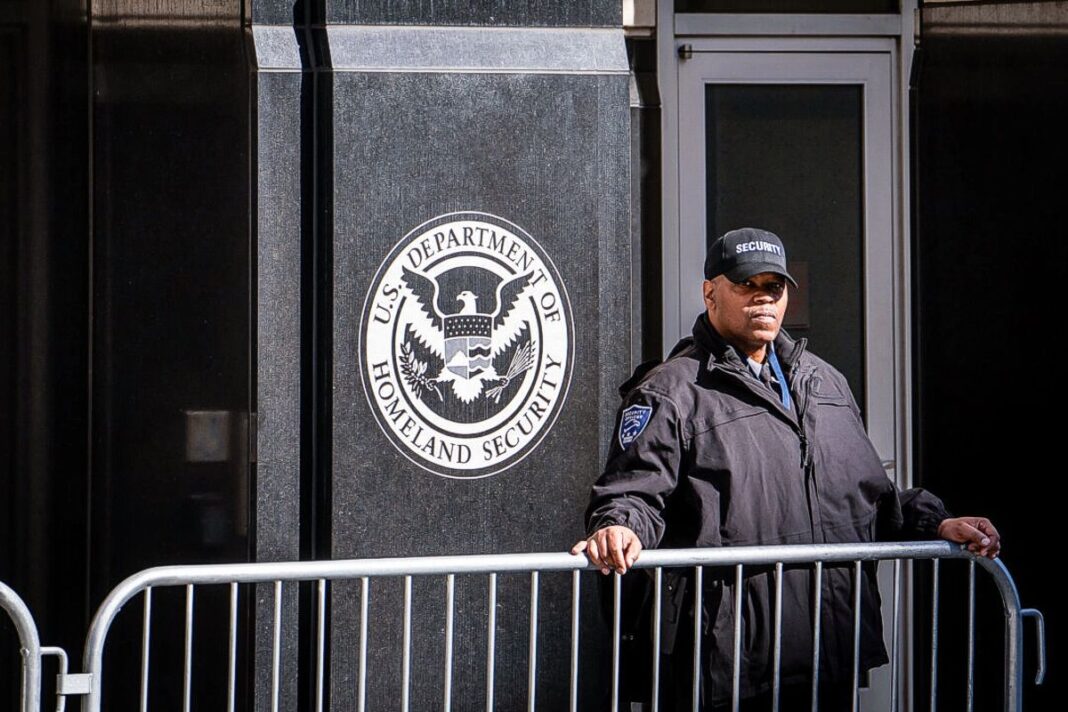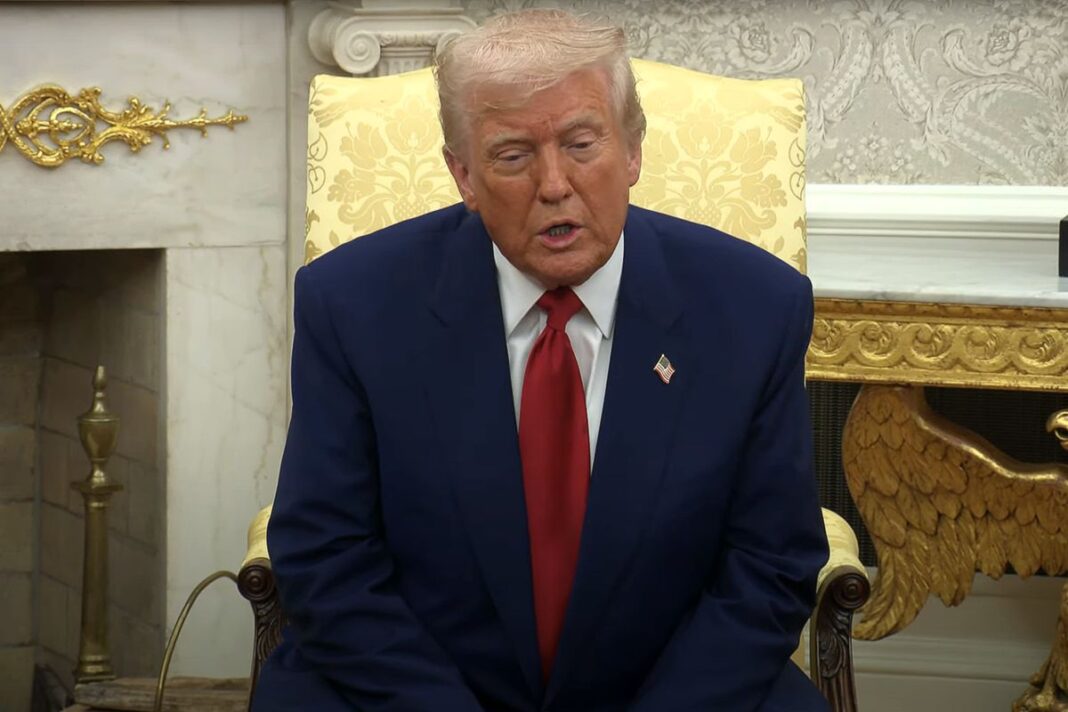The government must undertake a case-by-case review in order to revoke parole, the judge said.
The Department of Homeland Security (DHS) cannot at this time end a program that granted protection against deportation for hundreds of thousands of immigrants, a federal judge ruled on April 14.
U.S. District Judge Indira Talwani said that the agency cannot revoke parole and work authorization that was granted to noncitizens under the Cuba, Haiti, Nicaragua, and Venezuela program during President Joe Biden’s term.
“If their parole status is allowed to lapse, Plaintiffs will be faced with two unfavorable options: continue following the law and leave the country on their own, or await removal proceedings,” Talwani said in the 41-page decision.
“If Plaintiffs leave the country on their own, they will face dangers in their native countries, as set forth in their affidavits. For some Plaintiffs, leaving will also cause family separation.”
The judge wrote that “if, in the alternative, Plaintiffs remain in the United States and await removal proceedings, they may be subject to arrest and detention, they will no longer be authorized to work legally in this country and their opportunities to seek any adjustment of status will evaporate.”
DHS Secretary Kristi Noem had announced in March that the department would be ending the program and would revoke the legal status of more than 530,000 immigrants. President Donald Trump had ordered the action.
“Parolees without a lawful basis to remain in the United States following this termination of the CHNV parole programs must depart the United States before their parole termination date,” Noem wrote at the time.
People who had received the parole were sent notices informing them that their parole would end soon.
“You should depart the United States now, but no later than the date of the termination of your parole. Failure to timely depart may have adverse immigration consequences,” the notice stated.
The program was launched by Biden in 2022 for Venezuelans and later expanded to natives of the other three countries. Officials at the time said the program enabled the legal entry of immigrants who were determined to provide a benefit for the United States while addressing how humanitarian problems in the countries had led to higher levels of migration.







